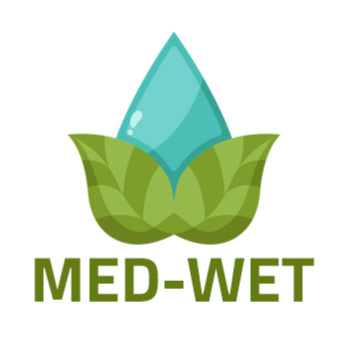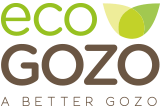The Mediterranean region faces significant water scarcity which is further exacerbated by high tourist activities, population growth, changing food consumption patterns and climate change. Agriculture is the major water consumer and hence requires increasingly more efficient and sustainable irrigation technologies that are widely applicable and accepted by smallholder farmers. They must hence be low-cost, lean solutions that optimise natural resource use and income. This project- Improving Mediterranean irrigation and Water supply for smallholder farmers by providing Efficient, low-cost and nature-based Technologies and practices (MED-WET)- was developed to ultimately improve the irrigation efficiency of small farmers in the Mediterranean region especially through the optimal use of scarce water resources for lasting food and water security.

This will be done, amongst others, by:
- Developing new irrigation technologies and solutions widely applicable for smallholder farmers;
- Equipping smallholder farmers with knowledge and skills to install, adapt and operate more efficient and effective irrigation options;
- Increasing irrigation water availability from salinized and secondary sources;
- Enhancing farm profitability and environmental footprint of pilot farming practices;
For this to be achieved, three major technologies will be utilized in the project. The “SLECI” (Self-regulating, Low Energy, Clay based Irrigation) technology is a self-regulating subsurface irrigation technique that uses the actual suction force of the surrounding soil for regulation of the system’s water release via clay tubes. Its concept, production and installation are simple and thus adaptable to rural environments saving on water and energy. The project will investigate its performance in a variety of local conditions and in combination with various (reclaimed) irrigation waters. The second technology is a simple desalination system that will be used on saline and low-grade water to recuperate freshwater suitable for crop irrigation. Lastly, productive constructed wetlands will be used for wastewater reuse and its transformation into reclaimed irrigation water.
MCAST and the EcoGozo Directorate within the Ministry for Gozo will be joined by partners from Germany, Egypt, Morocco and Portugal to fulfil these objectives in this 3-year project. Project MED-WET is 100% funded by the Malta Council for Science and Technology through the PRIMA initiative of Member States, Associated Countries and Participating Countries. The PRIMA Programme is supported by the European Union.



